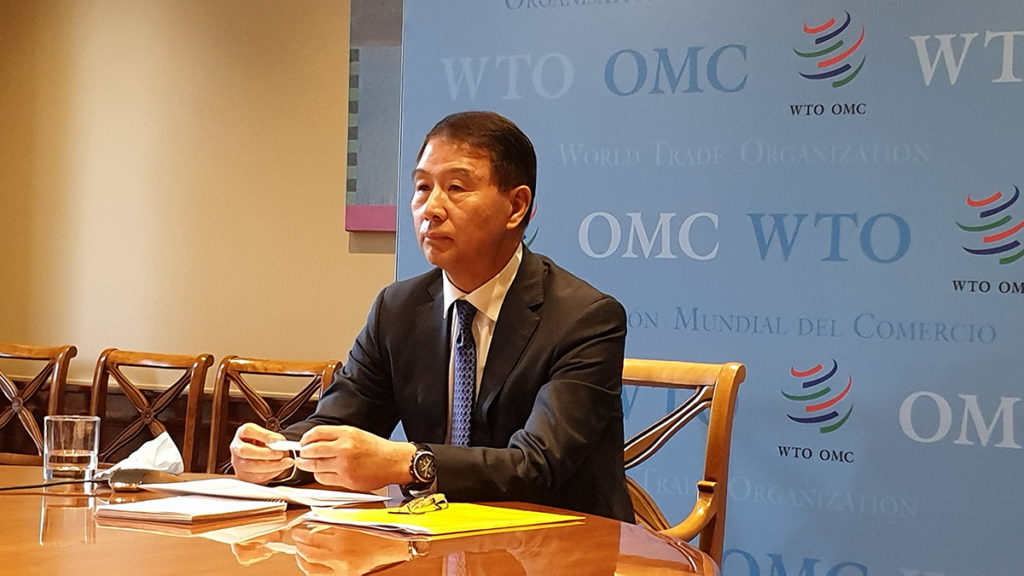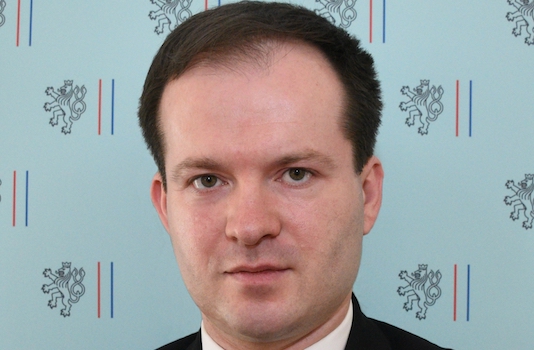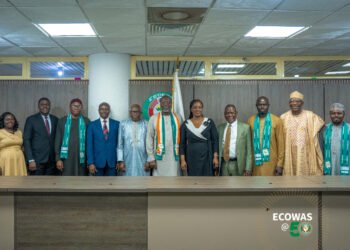The Czech Republic has contributed CZK 550,000 in 2020 to help developing countries and least-developed countries (LDCs) implement the WTO’s Trade Facilitation Agreement (TFA) in support of the objective of achieving full implementation of the Agreement by all WTO members.
This contribution to the Trade Facilitation Agreement Facility (TFAF) will finance the capacity-building needed by developing countries to implement the Agreement.
The TFAF assists these countries in assessing their specific needs and in identifying partners to fund capacity-building activities. To date, 153 members have ratified the Agreement, representing 93% of the membership.
Deputy Director-General Yi Xiaozhun, who oversees market access matters in the WTO, said: “The Czech Republic’s new contribution is very welcome. It will play an essential role in helping developing countries and LDCs build sustainable trade-related capacity so that they may implement the WTO’s Trade Facilitation Agreement. By cutting the time and cost involved in moving goods across borders, the Agreement will generate significant new trading opportunities for these countries.“

The Czech Republic’s WTO Ambassador, Petr Gajdušek, said: “The COVID-19 pandemic has underlined the need for rapid, safe, and resilient cross-border supply chains. The Trade Facilitation Agreement aims to achieve this. Supporting LDCs and developing countries in implementing the Agreement is essential so that they may increase their participation in world trade and further integrate into the global economy.“
This is the Czech Republic’s first donation to the TFAF. Overall, the Czech Republic has donated over CHF 360,000 (CZK 8.8 million) to various WTO trust funds over nearly 20 years.
Three other countries have so far contributed resources towards developing trade in developing and least-developed countries (LDCs) in December 2020.
On 15th December 2020, the government of Ireland also donated EUR 350,000 to help developing countries and least-developed countries (LDCs) build their expertise across various trade-related areas. The objective is to ramp up their participation in international trade.
Similarly, on December 9, 2020, the government of Sweden pledged SEK 40 million over the period 2020-2023 to help developing and least-developed countries (LDCs) participate more actively in agricultural trade. Specifically, the grant given by Sweden aims to support developing countries in complying with international food safety, animal and plant health standards
Also, on December 1, the government of China pledged to renew its contribution of USD 500,000 to the WTO’s Least Developed Countries and Accessions Programme.
Technical assistance activities aim to help developing countries take full advantage of the multilateral trading system. Within the WTO Secretariat, these activities are coordinated by the Institute for Training and Technical Cooperation (ITTC), based on technical assistance and training plans. The Committee on Trade and Development regularly oversees all TRTA activities.
The WTO’s technical assistance and training plans contain detailed information on all of the WTO Secretariat’s TA “products” as well as on individual activities.
The WTO responds to specific national and regional needs in line with its Progressive Learning Strategy, which provides graduated levels of training to course participants. A results-based management approach is used to monitor and evaluate these activities and to further develop the assistance provided.
The changing needs of WTO members continue to determine the type of assistance provided. These needs are expressed, for example, through members’ national activity requests.
Global trade developments also guide TA activities delivered at a regional or global level. Ensuring that technical assistance responds to members’ needs is the main priority of the Secretariat.
The Technical Assistance Plan for 2020-21 aims to help: government officials implement WTO agreements and make full use of members’ rights; governments negotiating WTO membership participate in accession negotiations; members access the most relevant trade information so that they can better enforce their rights and obligations; members of parliament, journalists and civil society learn more about WTO activities; students and academic institutions supported by the WTO gain a better understanding of trade policy and WTO subjects.




















